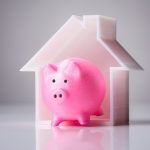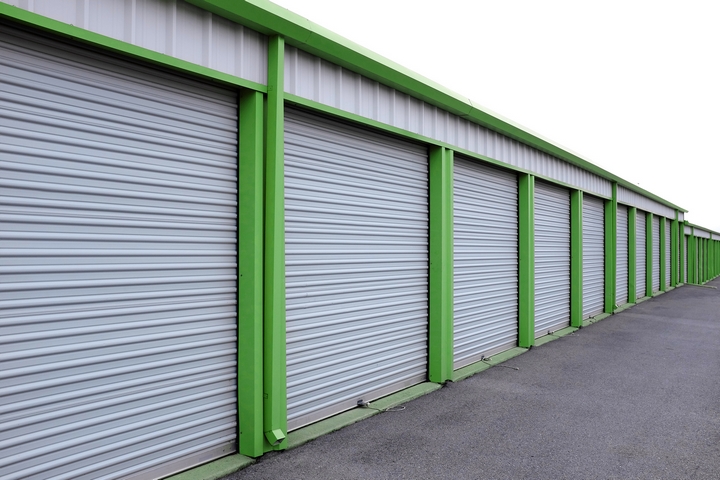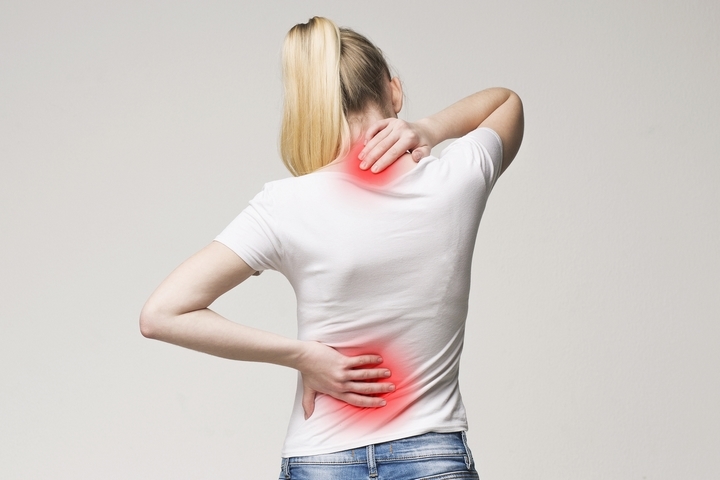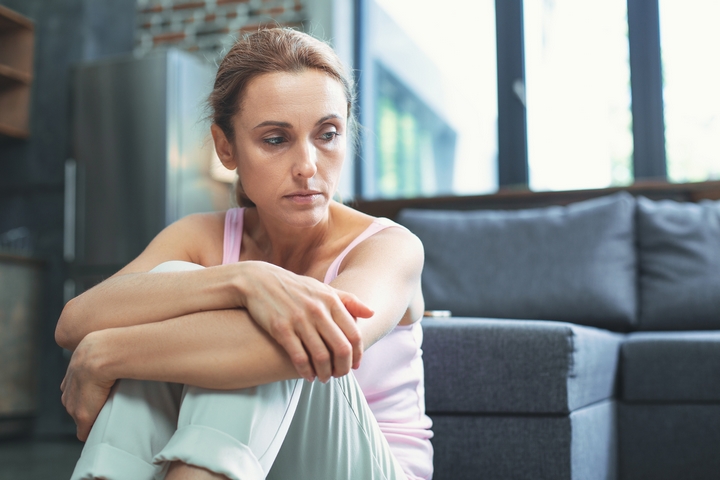Most people will experience lower back pain at least once during their lifetime. But unfortunately for us women, lower back pain is more common for us than for men.
While it can be caused by poor posture, stress, a herniated disc, or sciatica, some causes of lower back pain are specific to women, which might explain why we are more likely to endure this debilitating pain.
If you are suffering from lower back pain right now, you don’t have to just endure it without saying a word. Depending on the cause of your pain, you might want to seek physiotherapy Toronto. Medical attention is necessary if your lower back pain comes with alarming symptoms, such as a fever or numbness in your legs.
You can also find relief by taking a warm bath, using a heating pad or an ice pack, taking painkillers, or doing some gentle exercise to ease the tension in your muscles.
Let’s look at seven possible causes of lower back pain in women.
Cause #1: Osteoporosis
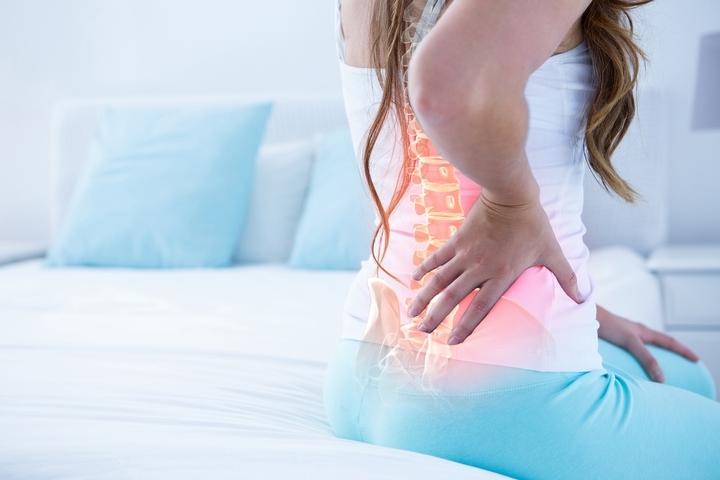
The hormonal changes that occur during menopause can result in osteoporosis, a condition where the bones of a woman’s body weaken and can break very easily.
Osteoporosis can come vertebral compression fractures, which are cracks that can form on vertebrae when the bone tissue is not strong enough to support the weight of her body anymore. These compression fractures can cause serious lower back pain.
Cause #2: Muscle strain
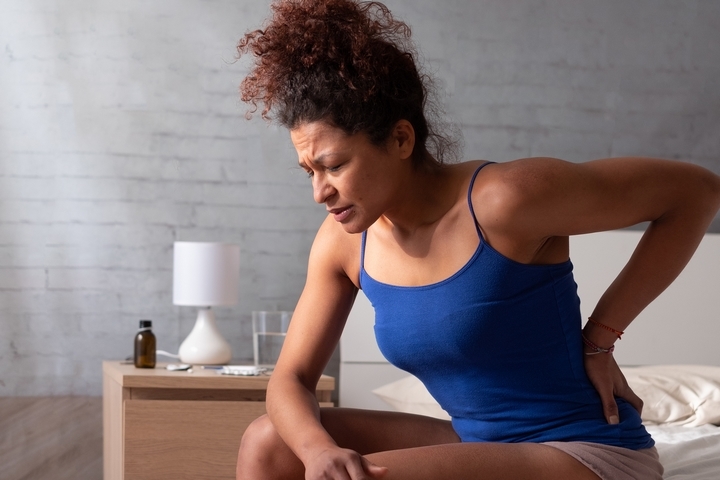
Muscle strain can be one of the lower back pain causes for women. Of course, men can experience painful muscle strain as well. But women often strain their lower back muscles from picking up their child, bending down to pick up toys left by their child on the living room floor, or doing some heavy lifting as they do household chores.
Lower back pain can come from a sudden, awkward movement or overstretching of a muscle or ligament.
Cause #3: Endometriosis

Endometriosis is another condition that can cause lower back pain and require medical attention.
It happens when the endometrial tissue, which is supposed to line the uterus, grows outside. It will grow on a woman’s ovaries, fallopian tubes, and surrounding areas.
On top of lower back pain, this chronic condition can be responsible for abdominal pain, pain while walking or standing, pain during sex, constipation, and infertility, among other symptoms.
If you do recognize many of these symptoms, you should see a doctor so they can check if you have endometriosis.
Cause #4: Pregnancy
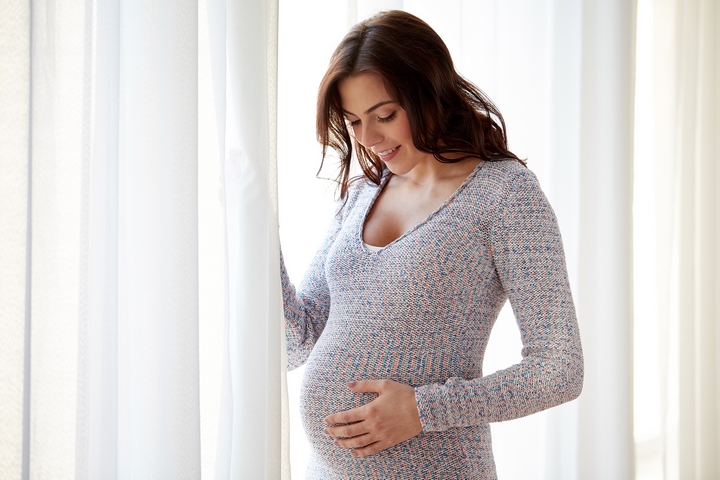
Lower back pain in women doesn’t always come from chronic conditions. Pregnancy can cause back pain, including in the lower back.
When a woman is pregnant, she gains weight, and her center of gravity shifts, which can be hard on her back. But lower back pain also occurs because her hormones increase during pregnancy, and one of their missions is to relax and loosen the ligaments and joints in her pelvis.
Those changes aim to make sure a woman is ready to give birth, but they also cause lower back pain, which should resolve after she becomes a mom.
Cause #5: Menopause

Hormonal changes also happen during menopause. When menopause starts, a woman’s estrogen levels drop, which causes symptoms such as hot flashes, mood swings, trouble sleeping, a lower sex drive, and, you guessed it, lower back pain.
Low estrogen levels can cause a vitamin D deficiency, and since one of the most important functions of vitamin D is to support bone health, it makes sense for a woman in her menopause to suffer from back pain.
Cause #6: Premenstrual syndrome
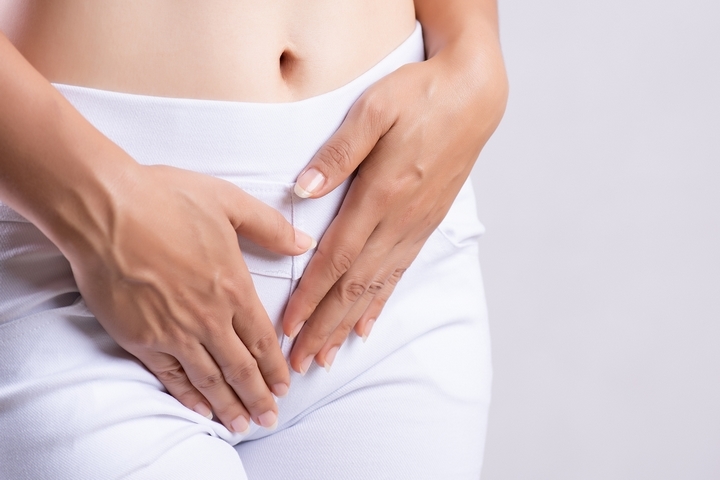
Premenstrual syndrome, or PMS, is a well-known condition to many women. It causes various symptoms such as mood swings, anxiety, fatigue, food cravings, headaches, bloating, cramps, and lower back pain.
The symptoms and pain that come with premenstrual syndrome start a few days before a woman’s period begin, and they usually last one or two more days once the period has started.
Taking over-the-counter painkillers and using a heating pad can help relieve this temporary lower back pain.
Cause #7: Dysmenorrhea
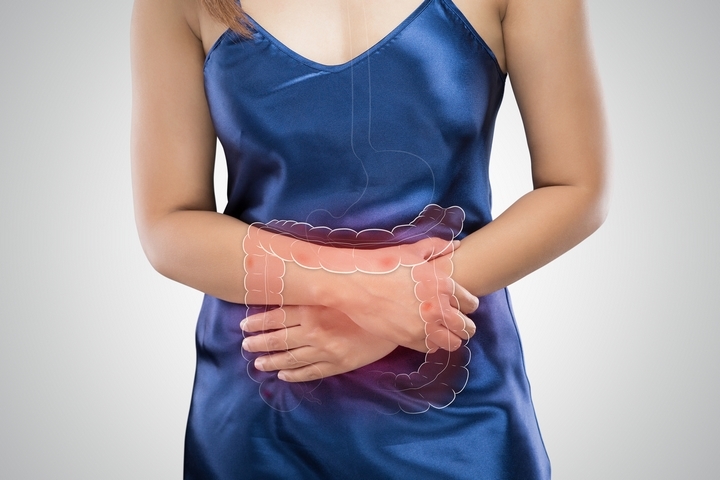
It’s normal for women to feel some pain during their period. But when menstruations are very painful, this is a condition known as dysmenorrhea. Dysmenorrhea is a uterine dysfunction that can cause severe lower back pain.
It can also cause pain in the lower abdomen, hips, and legs, lasting three days.
Dysmenorrhea can be associated with endometriosis, pelvic inflammatory disease, uterine fibroids, and tumours responsible for heavy menstrual bleeding and lower back pain.
If you have long, painful periods with heavy bleeding, you should talk about it with a doctor.



